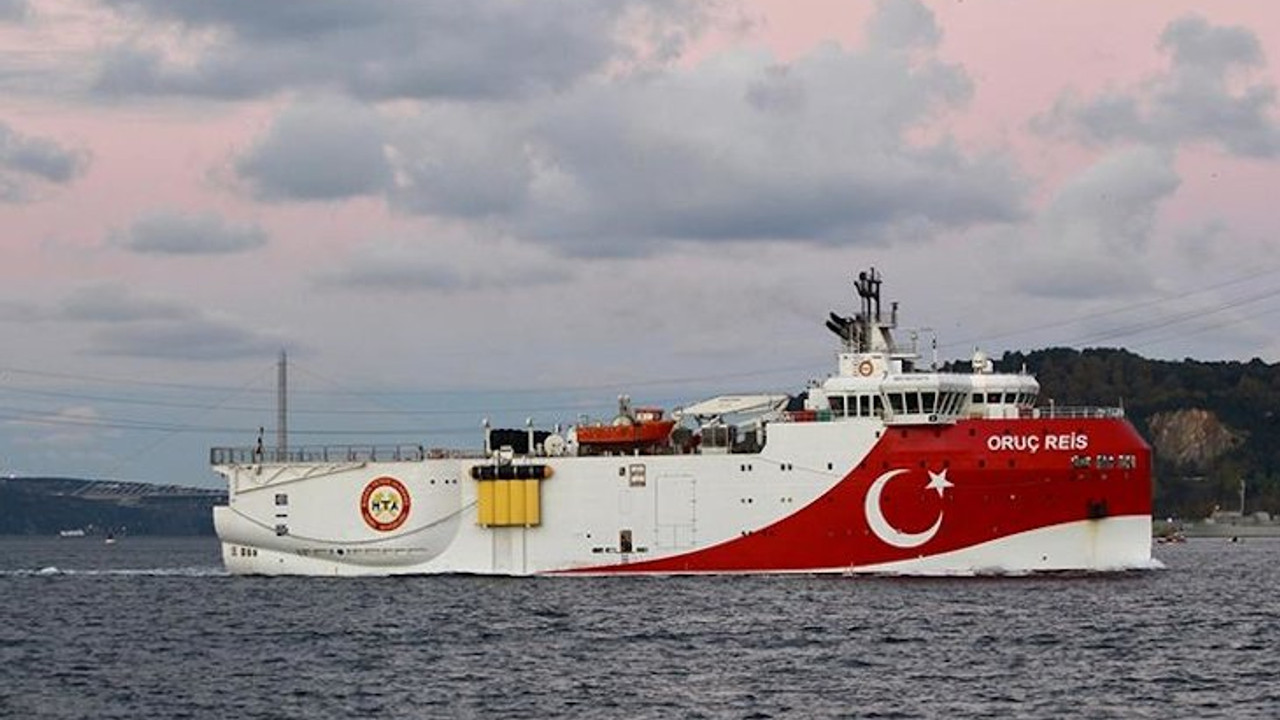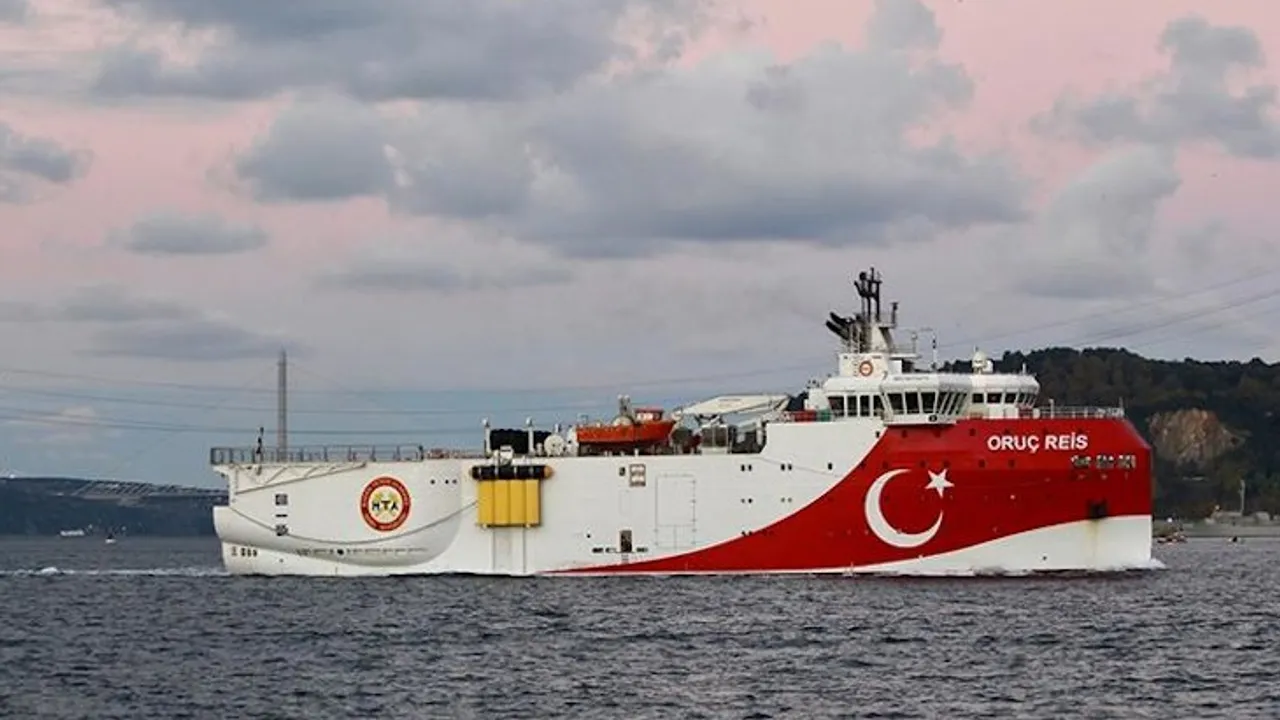Turkey may pause energy work in eastern Mediterranean pending Greece talks
Turkey could pause energy-exploration operations in the Eastern Mediterranean for a while pending talks with Greece, Presidential spokesman İbrahim Kalın said on July 28. Saying that there is a basis for dialogue between Ankara and Athens, Kalın noted, "We're ready to discuss all bilateral issues with Greece without pre-conditions upon the orders of our president."
Duvar English
Turkey could pause energy-exploration operations in the Eastern Mediterranean for a while pending talks with Greece, Presidential spokesman İbrahim Kalın said on July 28.
In an interview with broadcaster CNN Türk, Kalın said President Recep Tayyip Erdoğan had requested that operations be put on hold as a constructive approach to negotiations.
Long-standing tensions between the NATO allies escalated last week after Turkey’s navy on July 21 issued an advisory known as a NAVTEX for seismic surveys in waters between Cyprus and Crete.
The move was met with backlash from Greece, while Turkey defended itself by saying that the area where Turkish vessel Oruç Reis will carry out a seismic survey is part of Turkey's continental shelf, rejecting Athens' accusation that the ship is encroaching on its own shelf.
German media reports said last week that German Chancellor Angela Merkel was instrumental in preventing a military confrontation between Greece and Turkey late on July 21.
According to the newspaper Bild, navy ships and fighter jets from both countries were on standby when Merkel intervened and prevented a conflict.

When asked about mediation efforts of Merkel, Kalın said that her role is constructive, adding that the chancellor's approach aims for taking steps to decrease tensions in the Aegean and Eastern Mediterranean and to increase trust.
The spokesperson noted that Merkel also suggested forming the basis for the European Union to adopt positive decisions on Turkey during Germany's term as EU president.
"Our approach to these would be utterly positive," he said, adding that Merkel faced plenty of criticism within the EU over her stance.
Saying that there is a basis for dialogue between Ankara and Athens, Kalın noted, "We're ready to discuss all bilateral issues with Greece without pre-conditions upon the orders of our president."
He also said that bilateral issues with Greece should be solved through dialogue rather than through threats on Turkey’s bid for EU membership.
Kalın said that Turkey is ready to do whatever it takes to turn the Eastern Mediterranean into a “sea of peace,” and that the area where the Turkish vessel Oruç Reis is expected to conduct exploration and drilling activities is 180 kilometres away from Kastellorizo.
“Everyone should continue working on their own continental shelves and conduct joint work in contested areas,” the spokesperson added.
According to Kalın, President Erdoğan ordered Ankara to be one step ahead in the talks.
A day earlier, Greek government spokesperson Stelios Petsas said that Turkey has reduced the number of navy vessels in the said area of the East Mediterranean.
Spanish Foreign Minister Arancha Gonzalez Laya, meanwhile, said on July 28 she hopes the will shown by her Turkish counterpart to open a dialogue on oil drilling in the Eastern Mediterranean will be followed by actual dialogue.
"This has to be put into action. It's not enough to say you want to talk," she told a new conference in Athens following a visit to Turkey, where she said her counterpart, Mevlüt Çavuşoğlu, mentioned a will to pause exploration in the area for at least a month.
"I hope this message will materialize," Gonzalez Laya said.


